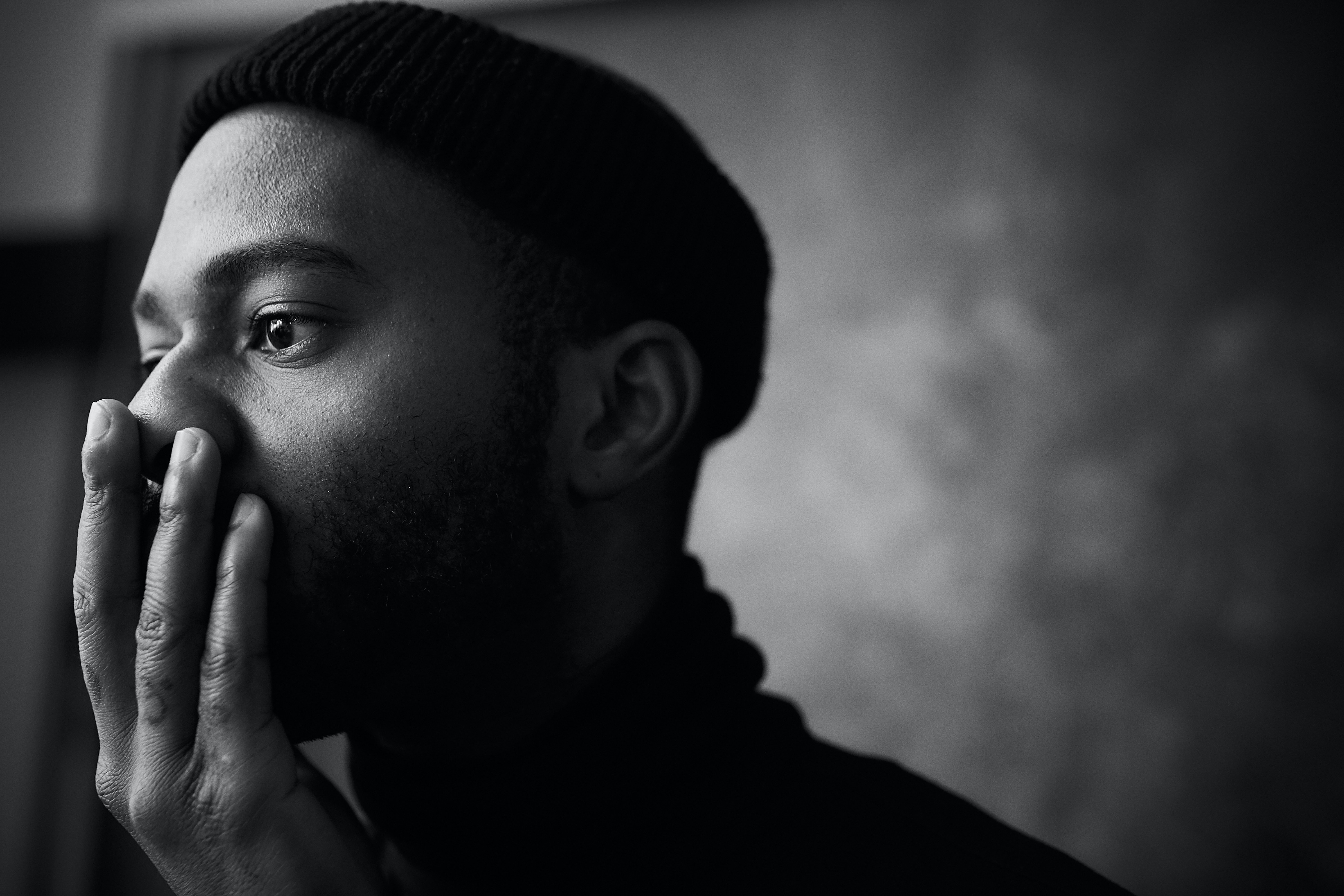Awakening implies living naturally and experience reality in a raw, unfiltered way. Hence, this means that the ego generated coping strategies we’ve been using to avoid uncomfortable feelings and thoughts are not really working anymore. We can try to keep going, but deep inside we know faking it is not the answer and not an authentic way of living. Authenticity will start feeling like the only option when we start to wake up. In this blog post I’ll share with you 4 coping mechanisms we should become aware of when we start waking up to truthful living and unconditional love.
People Pleasing

Yep, this is a big one. People pleasing normally develop in childhood when we grow up with emotional abusive parents. Emotional unpredictable homes makes us adjust to other people. It is a way of trying to manipulate situations to make sure we will not be “punished” or experience the horror we got used to when we were little.
As children we need love, support and safety from our caregivers and if this becomes unstable, unpredictable and we never know what treatment we will get from the ones we love the most, we often end up living in deep fear and on the mercy of the behaviours of others. We also learn that disrespect is normal, that we are not worthy of others decency, which conditions us into toxic relationships of self-abandonment.
When we become like antennas…
Like antennas, we become very tuned in to other people’s emotional states. We desperately try to make other people happy. This is common if you felt conditional love from your parents, if you had a very aggressive father like myself or any other situation that made you feel unsafe over longer periods of time around others. Also notice that being kind is not the same as being pleasing. Kindness is natural and loving, pleasing is with an agenda and rooted in fear and lack of self worth. It is not your fault, but now its your responsibility to face the thing you are avoiding when you try to comfort others on the expense of yourself.
Overanalysing

The second of the 4 coping mechanisms is overanalysing. Overanalysing is a mental process of overthinking a situation. When we carry wounds from our childhood, we live like we have a pair of glasses on. The glasses colour our realities making us put a filter of thoughts on a situation. The filter are judgements, worries, expectations or attempts to figure out the other persons or groups intentions. It is accompanied with strong emotions of insecurity, fear and even anger. The anger is usually a side-effect in a way of protecting the vulnerable, unhealed, fearful ego.
The overthinking is itself an attempt to protect from danger. The mind is looking for danger and everything that threatens it will make it reactive. It tries to protect you by overthinking and over-worrying. The purity of the world is cluttered and it is not able to see a situation as it is. By not being able to perceive the world objectively, it tries to control and manipulate out of a deep seated fear.
When we fear abandonment…
For example, if we have experienced abandonment and we are afraid of being alone, we can be very controlling over other people. Any sign that they have lost interest in us, any lack of attention or any sense of being left alone, we create a reaction to get it back. As I healed myself emotionally, I developed a stronger need for independent, sovereign and detached friendships. My friends noticed this, and the ones that had controlled me the most, had very strong and negative reactions to the point where they called me self-centred. It is probably true that my focus was more away from them and more onto my own interests, but for me that change was brutally liberating. For them it was scary.
By covert narcissistic emotional abuse, they tried with passive and overt aggression to depower and destabilise me. Further, they claimed things about me that had nothing to do with reality, manipulated and twisted the narrative away from the actuality of my intentions. I could see how they overanalysed me and “figured out things” about me that were in alignment with their own fears and needs for control, not the reality of me.
Perfectionism

Perfectionism is, in my experience, a way to cope with shame. Shame is a human collective feeling of inadequacy. It is deeply painful and rooted in a strong sense of separation. Shame acts in a strange way. I tries to hide and does not want to be seen.
In fact, many people build their whole lives around shame. It will be seen in terms of obsession around facade and perfection, often the ones that seem the most arrogant with the highest social status. For instance, I went to one of the best business school in Norway and the suppressed shame were oozing in the hallways. On the surface, the attempts to show perfection, performance and excellence was very convincing. On the other hand, as I started to tune myself into energy and opened up for my sensitivity, the suppressed shame was obvious.
Perfection is a mental illusion…
The mind creates an idea of perfection and you constantly trying to live up to its standards, is an act of fear. It creates identity and your worth based on your performance and your character. True self love is loving your imperfections as well. Hence, self love embraces the shame and transcends the need to be perfect. Performance becomes play and creation.
Hustling

The 4th amongst the 4 coping mechanisms I believe most addictions are an expression of some sort of avoidance. Addiction to hustling and hard work is no exception. When we feel shame or inferiority growing up, we might try to compensate by working hard to prove our worth. If we grow up in stressful environments, our nervous system can become addicted to the stress hormones.
The feelings of unrest and stress can become more or more permanent and it becomes our new normal. If you are avoiding moments of stillness, rest, silence or doing nothing, this might be you. I remember I was afraid of sitting still for years due to the stress I experienced growing up. I was setting high goals, working hard and hustled to achieve them. But I would never let myself be still and rest.
The addiction to stress…
I learned as a child that I was not safe, so at some point I became always prepared, alert and ready. Ready to fight and protect myself. Even when the danger was over, which was usually the aggressive rage from my father. My body got conditioned to be fearful. Constant activity by refusing to relax and always on the run is a coping strategy. It is a way of distracting you from the emotions that can arise if you do not.

Remember, all of the 4 coping mechanisms mentioned here, are normal. They are deeply rooted in the sense of separation and a part of the human collective pain body. As we awaken, we will have to face the deep fears of rejection, abandonment, being disrespected, humiliated and so on. There are many more coping strategies than those mentioned here. Some are humor, addiction to drugs, distractive entertainment, codependent relationships and more.
Book a Clarity Call with me, watch my Free Masterclass or read more about my services here.
Much love and namaste,
Julie


1 thought on “4 Coping Mechanisms during Awakening”
Very well written! The points discussed are highly relevant. For further exploration, I recommend visiting: LEARN MORE. Keen to hear everyone’s opinions!